
Nichols PLC
LSE:NICL

Profitability Summary
Nichols PLC's profitability score is 65/100. We take all the information about a company's profitability (such as its margins, capital efficiency, free cash flow generating ability, and more) and consolidate it into one single number - the profitability score. The higher the profitability score, the more profitable the company is.

Score
We take all the information about a company's profitability (such as its margins, capital efficiency, free cash flow generating ability, and more) and consolidate it into one single number - the profitability score. The higher the profitability score, the more profitable the company is.
We take all the information about a company's profitability (such as its margins, capital efficiency, free cash flow generating ability, and more) and consolidate it into one single number - the profitability score. The higher the profitability score, the more profitable the company is.

Score

Score
Margins
Profit margins represent what percentage of sales has turned into profits. Simply put, the percentage figure indicates how many cents of profit the company has generated for each dollar of sale.
Profit margins help investors assess if a company's management is generating enough profit from its sales and whether operating costs and overhead costs are being contained.
Earnings Waterfall
Nichols PLC

|
Revenue
|
172.8m
GBP
|
|
Cost of Revenue
|
-93.9m
GBP
|
|
Gross Profit
|
79m
GBP
|
|
Operating Expenses
|
-50.1m
GBP
|
|
Operating Income
|
28.9m
GBP
|
|
Other Expenses
|
-11m
GBP
|
|
Net Income
|
17.8m
GBP
|
Margins Comparison
Nichols PLC Competitors

| Country | Company | Market Cap |
Gross Margin |
Operating Margin |
Net Margin |
||
|---|---|---|---|---|---|---|---|
| UK |

|
Nichols PLC
LSE:NICL
|
445.5m GBP |
46%
|
17%
|
10%
|
|
| US |

|
Coca-Cola Co
NYSE:KO
|
313.9B USD |
61%
|
23%
|
23%
|
|
| US |

|
PepsiCo Inc
NASDAQ:PEP
|
193.5B USD |
55%
|
16%
|
10%
|
|
| MX |
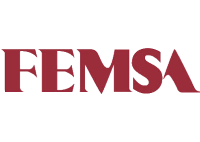
|
Fomento Economico Mexicano SAB de CV
NYSE:FMX
|
190.6B USD |
41%
|
8%
|
4%
|
|
| US |
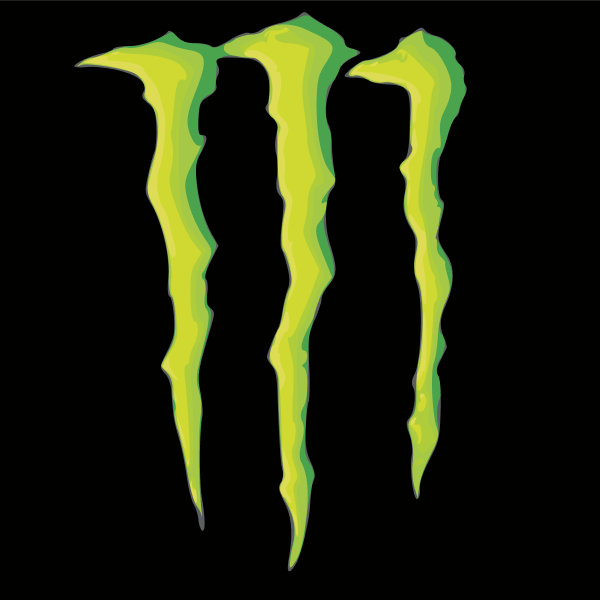
|
Monster Beverage Corp
NASDAQ:MNST
|
57.1B USD |
54%
|
27%
|
20%
|
|
| CN |

|
Nongfu Spring Co Ltd
HKEX:9633
|
415.6B HKD |
58%
|
37%
|
28%
|
|
| US |
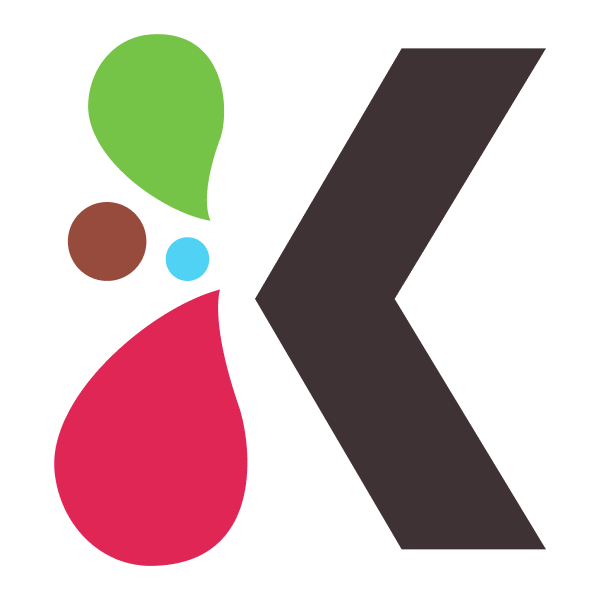
|
Keurig Dr Pepper Inc
NASDAQ:KDP
|
47.4B USD |
56%
|
22%
|
9%
|
|
| UK |
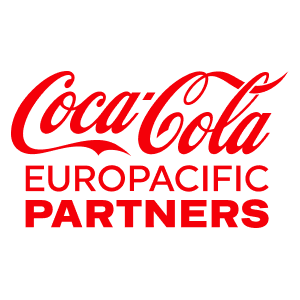
|
Coca-Cola Europacific Partners PLC
NASDAQ:CCEP
|
40.7B USD |
36%
|
12%
|
7%
|
|
| IN |

|
Varun Beverages Ltd
NSE:VBL
|
1.9T INR |
50%
|
19%
|
13%
|
|
| MX |
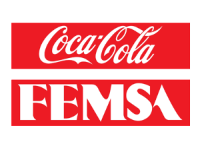
|
Coca-Cola Femsa SAB de CV
NYSE:KOF
|
20.5B USD |
46%
|
14%
|
8%
|
|
| CN |

|
Eastroc Beverage Group Co Ltd
SSE:605499
|
145.9B CNY |
44%
|
25%
|
21%
|
Return on Capital
Return on capital ratios give a sense of how well a company is using its capital (equity, assets, capital employed, etc.) to generate profits (operating income, net income, etc.). In simple words, these ratios show how much income is generated for each dollar of capital invested.




Return on Capital Comparison
Nichols PLC Competitors

| Country | Company | Market Cap | ROE | ROA | ROCE | ROIC | ||
|---|---|---|---|---|---|---|---|---|
| UK |

|
Nichols PLC
LSE:NICL
|
445.5m GBP |
20%
|
13%
|
31%
|
41%
|
|
| US |

|
Coca-Cola Co
NYSE:KO
|
313.9B USD |
42%
|
11%
|
15%
|
14%
|
|
| US |

|
PepsiCo Inc
NASDAQ:PEP
|
193.5B USD |
52%
|
10%
|
22%
|
18%
|
|
| MX |

|
Fomento Economico Mexicano SAB de CV
NYSE:FMX
|
190.6B USD |
9%
|
3%
|
10%
|
8%
|
|
| US |

|
Monster Beverage Corp
NASDAQ:MNST
|
57.1B USD |
21%
|
17%
|
27%
|
27%
|
|
| CN |

|
Nongfu Spring Co Ltd
HKEX:9633
|
415.6B HKD |
40%
|
24%
|
51%
|
57%
|
|
| US |

|
Keurig Dr Pepper Inc
NASDAQ:KDP
|
47.4B USD |
6%
|
3%
|
8%
|
5%
|
|
| UK |

|
Coca-Cola Europacific Partners PLC
NASDAQ:CCEP
|
40.7B USD |
17%
|
5%
|
11%
|
8%
|
|
| IN |

|
Varun Beverages Ltd
NSE:VBL
|
1.9T INR |
22%
|
14%
|
26%
|
19%
|
|
| MX |

|
Coca-Cola Femsa SAB de CV
NYSE:KOF
|
20.5B USD |
18%
|
8%
|
17%
|
12%
|
|
| CN |

|
Eastroc Beverage Group Co Ltd
SSE:605499
|
145.9B CNY |
50%
|
19%
|
56%
|
40%
|
Free Cash Flow
Free cash flow (FCF) is the money a company has left over after paying its operating expenses and capital expenditures. The more free cash flow a company has, the more it can allocate to dividends, paying down debt, and growth opportunities.
If a company has a decreasing free cash flow, that is not necessarily bad if the company is investing in its growth.




















































 You don't have any saved screeners yet
You don't have any saved screeners yet
